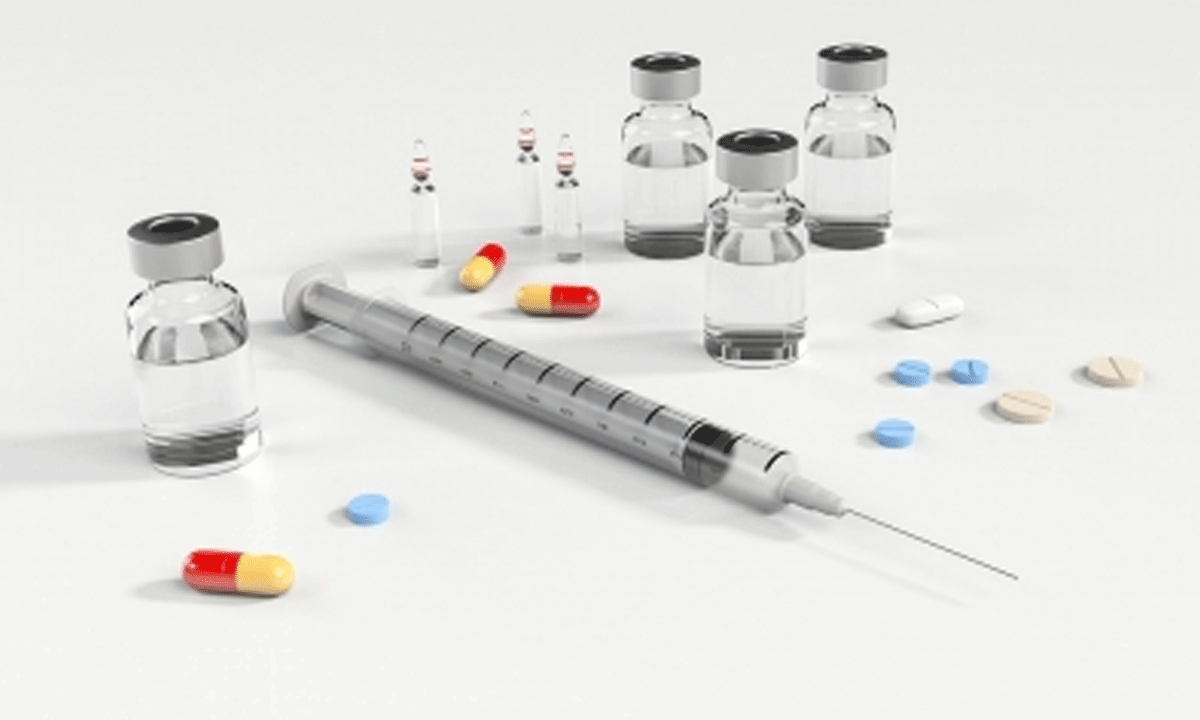New weekly injection to offer steady Parkinson’s medication, cut need for daily pills
In a breakthrough that could transform the treatment of Parkinson's disease, a team of scientists in Australia — led by researchers of Indian origin — has developed a once-a-week injectable drug that may eliminate the need for taking multiple pills daily.

New Delhi: In a breakthrough that could transform the treatment of Parkinson’s disease, a team of scientists in Australia — led by researchers of Indian origin — has developed a once-a-week injectable drug that may eliminate the need for taking multiple pills daily.
Table of Contents
The innovation has the potential to benefit over eight million people living with Parkinson’s disease worldwide, significantly improving their quality of life.
Also Read: Hyderabad schools face demands for holidays on second saturdays check details
Current Parkinson’s Medications: Challenges with Daily Doses
Currently, patients must take levodopa and carbidopa multiple times a day to manage symptoms of Parkinson’s. This frequent dosing can be especially challenging for elderly patients or those who have difficulty swallowing pills.
Such inconsistencies in medication intake can lead to fluctuating drug levels, increased side effects, and reduced treatment effectiveness.
A Weekly Injectable That Ensures Consistent Drug Levels
To tackle this, researchers at the University of South Australia (UniSA) created a long-acting injectable gel that steadily releases both levodopa and carbidopa over the course of seven days. The medication is administered either under the skin or into muscle tissue using a simple injection.
“This weekly injection could be a game-changer for Parkinson’s care,” said Professor Sanjay Garg, lead researcher from UniSA’s Center for Pharmaceutical Innovation. “Our goal was to simplify treatment, enhance patient adherence, and maintain consistent therapeutic drug levels.”
Biodegradable, Safe, and Minimally Invasive
The injectable formulation combines PLGA, a biodegradable polymer approved by the US FDA, with Eudragit L-100, a pH-sensitive polymer. This combination allows controlled and sustained drug release without needing surgical implants.
According to the research published in the journal Drug Delivery and Translational Research, over 90% of levodopa and 81% of carbidopa were successfully released within a week. Moreover, the biodegradable implant degraded by over 80% in that same period, and lab tests confirmed its safety, showing no significant toxicity.
Easily Administered and Adaptable for Other Diseases
The gel can be delivered via a fine 22-gauge needle, making the process quick and relatively painless. In addition to Parkinson’s disease, Professor Garg noted that the drug delivery system could be adapted for other chronic conditions, including:
- Cancer
- Diabetes
- Chronic pain
- Neurodegenerative diseases
- Long-term infections
A Promising Future for Parkinson’s Patients
This advancement could drastically reduce the burden of daily medications, ensuring better compliance, fewer side effects, and more stable symptom management for Parkinson’s patients worldwide.
